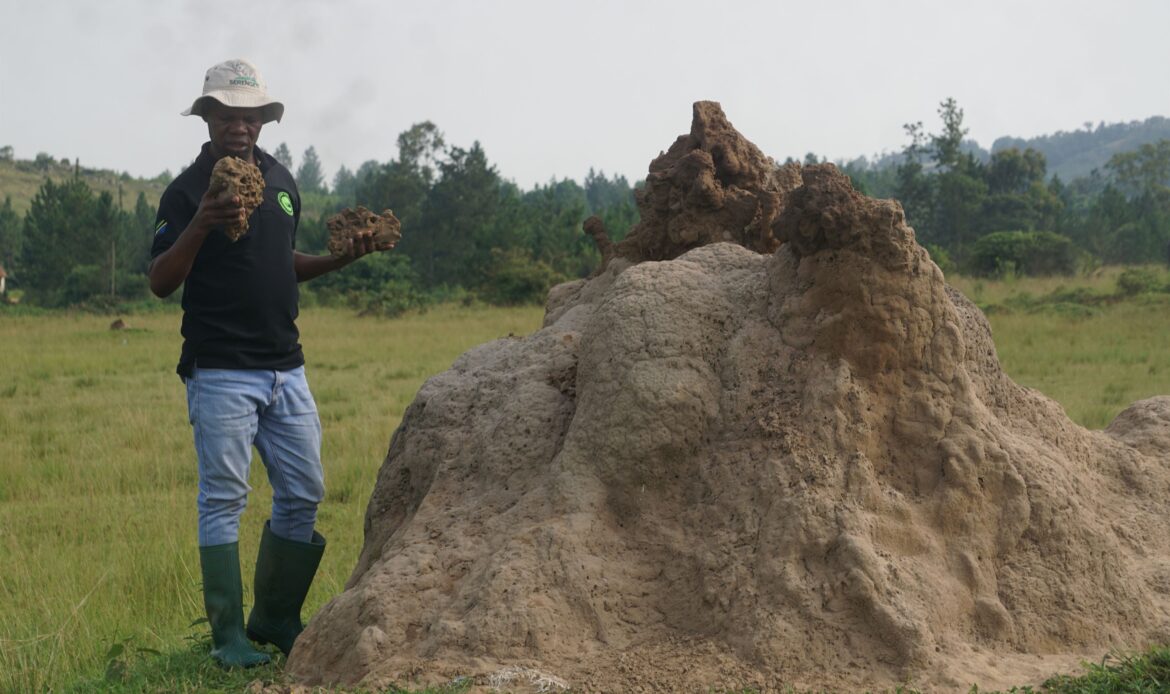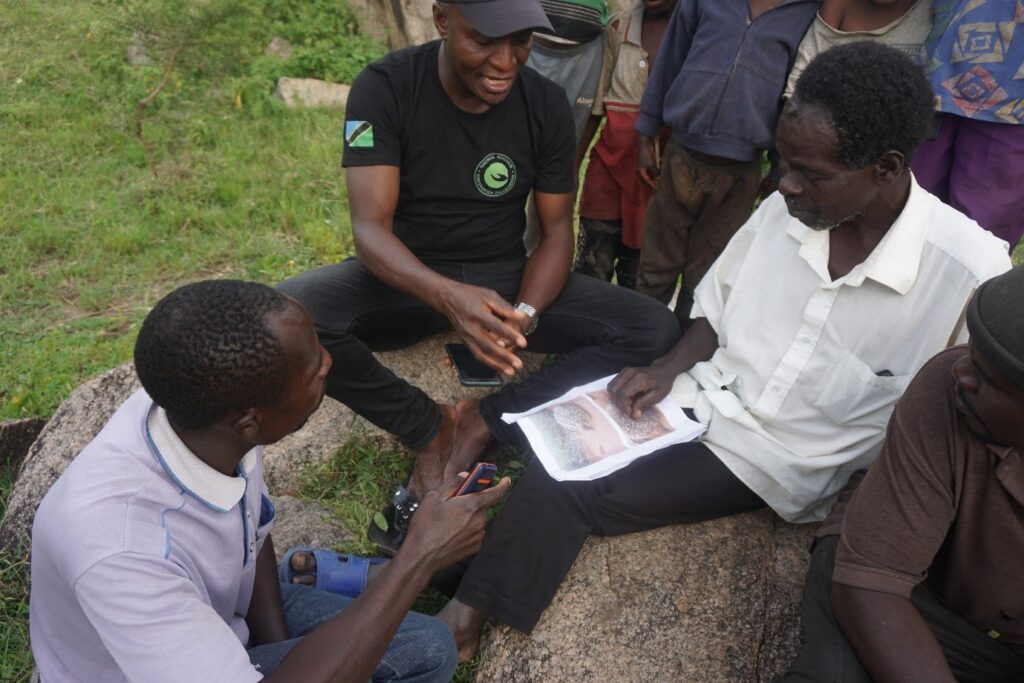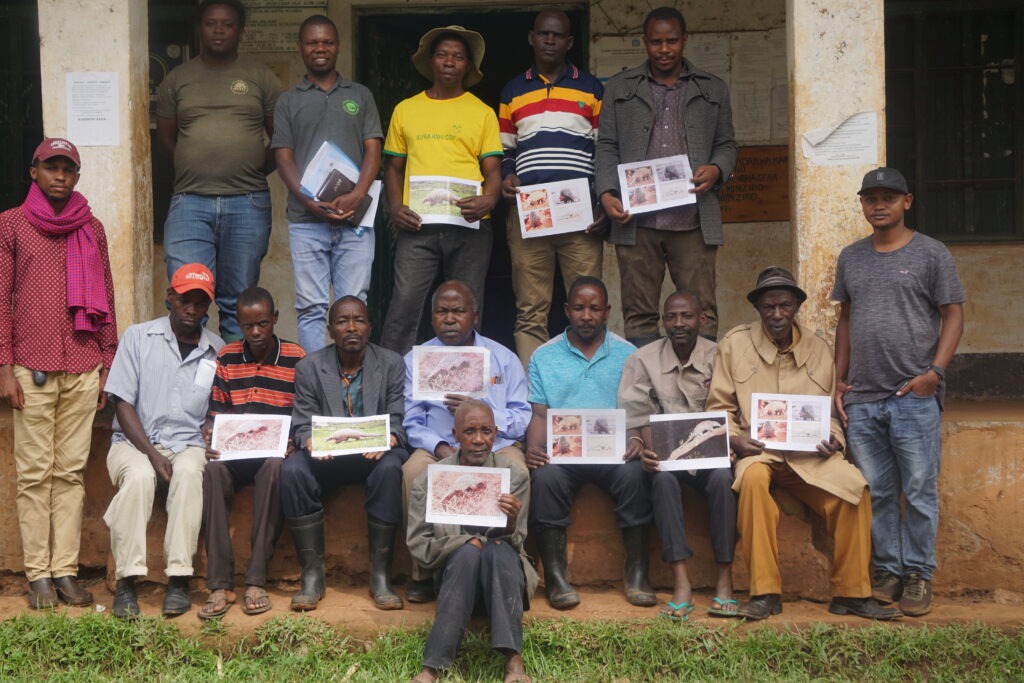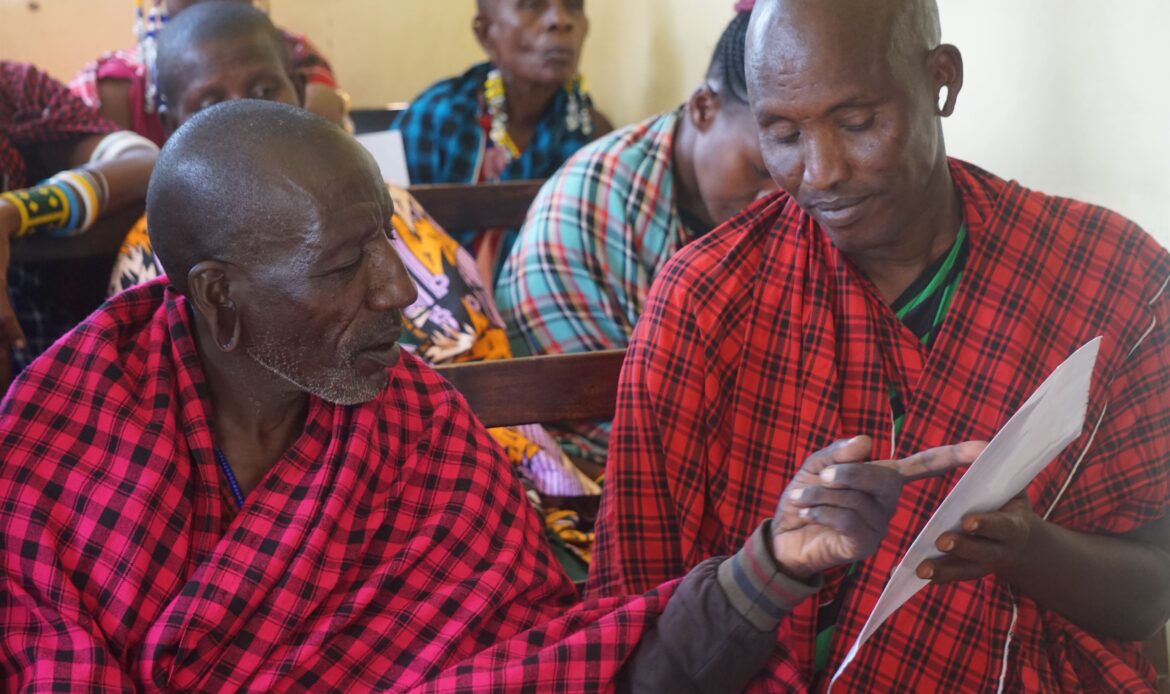Pangolins are the most trafficked mammals in the world, with eight species globally, four in Asia and four in Africa. Out of 4 species found in Africa 3 species Temminck’s ground pangolin (Smutsia temminckii), white-bellied pangolins (Phataginus tricuspis), and Giant pangolins (Smutsia gigantea) occur in Tanzania, that are categorized by IUCN as vulnerable and endangered species. Despite of its ecological, economic and cultural importance, pangolins in Tanzania are highly understudied. There is limited about their ecology, community knowledge, attitudes and beliefs, trade networks, routes, and the business nature of pangolin and their derivatives at the local scale. Additionally, there is a lack of capacity among conservation practitioners and the general community in properly handling, releasing and monitoring of rescued pangolins, which affects their survival rates.
Being aware of this, TRCO established a long-term Pangolin Conservation program in Tanzania with the aim to conduct long term ecological research and monitoring of pangolins, capacity building to conservation practitioners and village leaders on Pangolin first response and handling, Combating Illegal trade of Pangolin and Pangolin products and conducting outreach and education programs to different stakeholders to promote human pangolin coexistence in Tanzania.
Below is list of our Programs implemented in different parts of Tanzania

Ruaha Landscape, Tanzania (2020/2021)
Revealing Knowledge, Attitude, and Ecological Realities of pangolins to Enhance its Conservation Practices
The project implemented in collaboration Sokoine University of Agriculture (SUA) and as supported by funding from SUA Research and Innovative Support (SUARIS). The project identified communities’ attitudes and beliefs toward pangolin finding variations across different ethnic groups.
Western Tanzania (2022/2023)
Revealing Knowledge, Attitudes, and Distribution of Pangolins Project
Tanzania Research and Conservation Organization (TRCO) received a grant from the Russel E. Train Education for Nature (EFN) through WWF United States to conduct a survey assessing local people’s knowledge, beliefs and attitude, and determine the distribution of pangolins in villages found adjacent to Burigi-Chato, Ibanda-Kyerwa, and Rumanyika-Karagwe National Parks in Western Tanzania.


Kwakuchinja, Nyerere-Selous-Udzungwa, and Amani-Nilo landscapes. (2023/2024)
Promoting human-pangolin coexistence in wildlife corridors of Tanzania
The Tanzania Research and Conservation Organization is conducting this project with funding support from the USAID Tuhifadhi Maliasili Activity. The ultimate goal of the project to enhance understanding on local use of pangolin derivatives and sensitize local communities on pangolin conservation in Tanzania using a case study of Kwakuchinja, Nyerere-Selous-Udzungwa, and Amani-Nilo landscapes.
North Western Tanzania (2023/2024)
Local Communities’ Perception and Distribution of Giant Pangolins
The research aims to understand how local attitudes, beliefs, and practices impact pangolin conservation efforts and to map the presence of this elusive species in the region. By engaging with local communities and gathering ecological data, the study provides insights into human-wildlife interactions and helps shape strategies for protecting Giant Pangolins in Tanzania’s biodiversity-rich landscapes.


